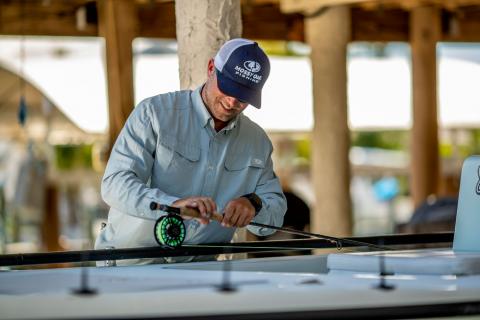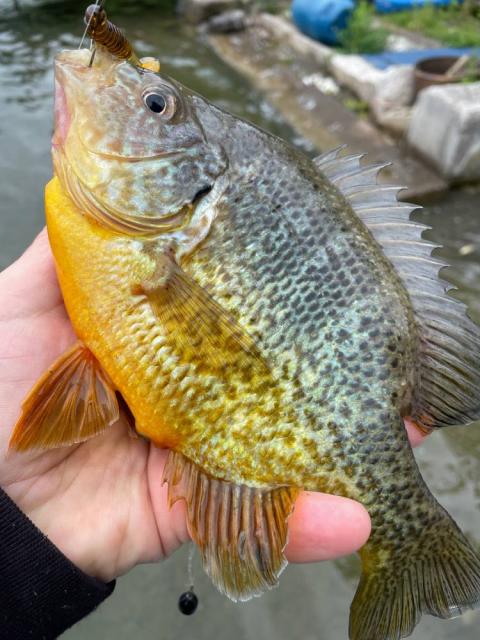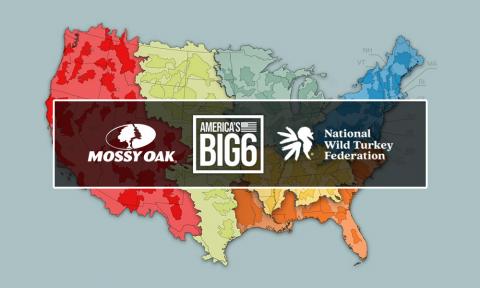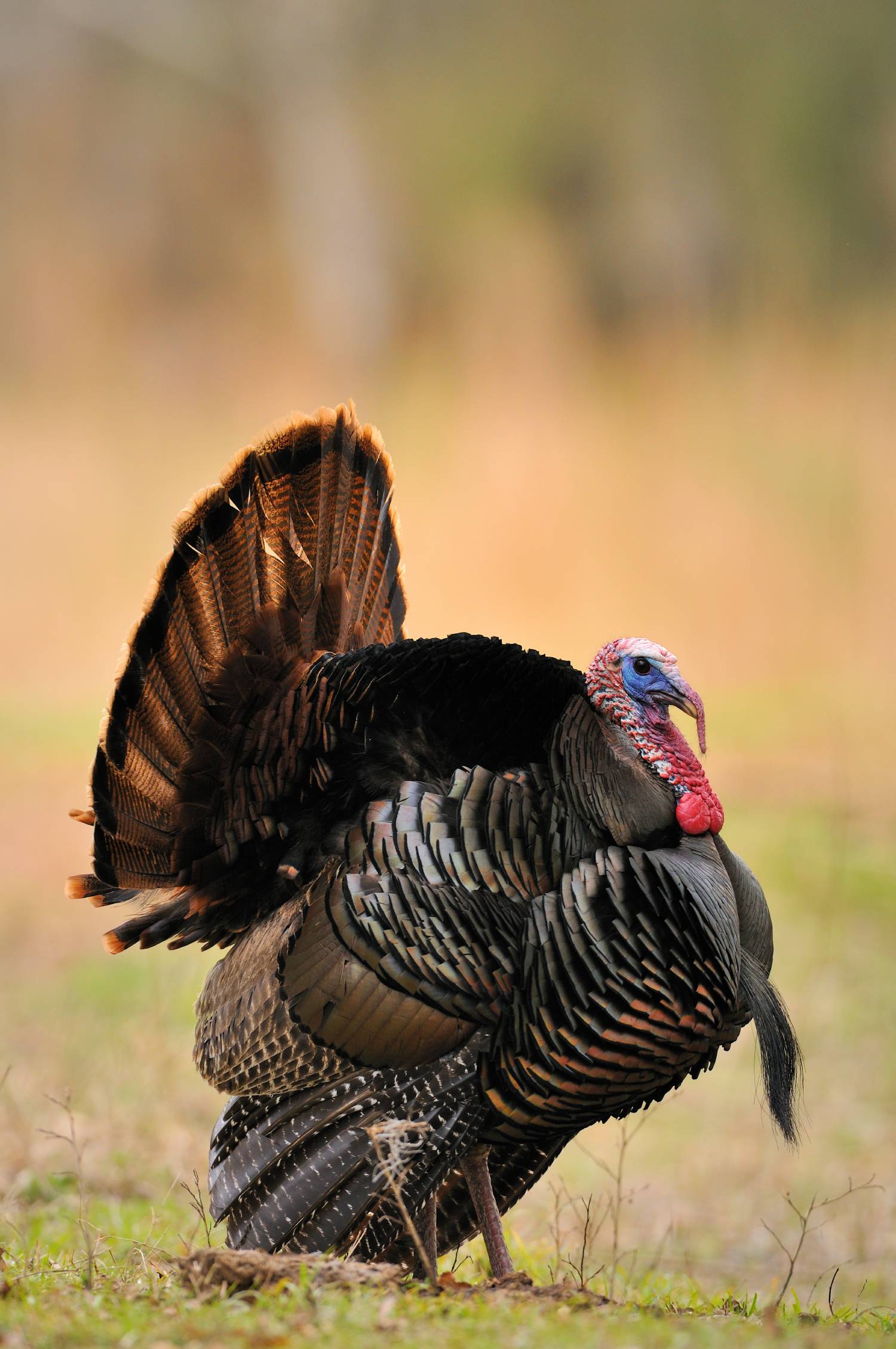provided by John E. Phillips
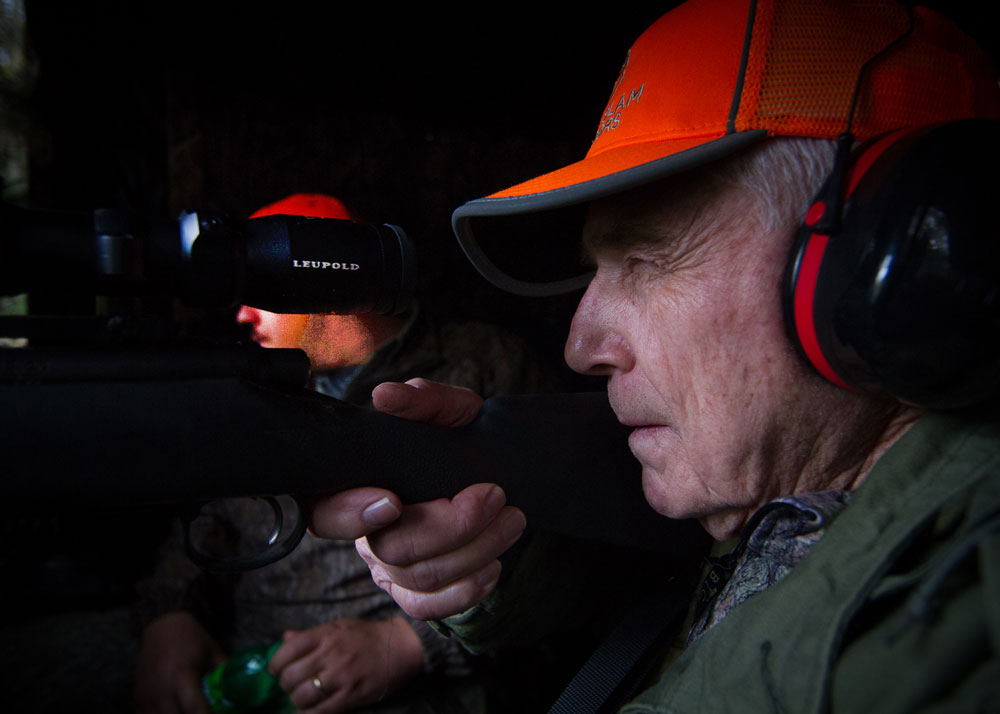
Why People Attend the Adult Mentored Hunt Program to Learn to Hunt Deer
Many of us learn to hunt deer from family members and friends. However, today fewer adults have the time to train young people in the sport of deer hunting. Most Fish and Game Departments across the U.S. offer courses to teach young people how to hunt deer and even have special days when a young person can hunt with an older mentor. However, the State of Alabama, like some other states, has recognized the huge number of adults with an interest in hunting and/or wanting to learn to hunt who don’t have mentors to teach them.
Recognizing this need, Alabama’s Department of Conservation and Natural Resources (ADCNR) has set up several days a year for an Adult Mentored Hunt Program where adults can learn how to handle firearms safely, shoot, sight-in rifles, find deer and learn the equipment needed to be successful. This one-day basic class qualifies the attendees to take part in a three-day hunt with a mentor to actually try and take a deer.
“We’ve learned that if we teach adults how to hunt deer safely and comfortably, then they’ll be better prepared to teach their children and others how to enjoy this new sport they’ve discovered,” Chuck Sykes, the director of the Game and Fish Department of ADCNR, explains.
Not only does the State of Alabama and other states offer these adult-mentoring programs like the one for hunting deer, but some states offer programs on turkeys, waterfowl, small game and upland bird hunting and trapping. Soon the same type of program will be offered by the ADCNR for adults who want to learn how to fish. The good news is these programs aren’t only for in-state outdoorsmen but also for out-of-state adults who want to learn these outdoor skills. These newcomers to the hunting world learn the skills to become a deer hunter and are given instructions on how to hunt public lands and be successful. For instance, Alabama has more than 1 million acres of public-hunting properties where hunters can begin to apply the skills they’ve learned.
Why Tristan Reason Attended the Adult Mentored Deer Hunt Program:
Originally from Pittsburgh, Pennsylvania, Reason says, “I’ve always been interested in hunting, but I’ve been more of a hiker and a backpacker. However, now I’m at the time in my life where I want to try hunting. I’ve never had an opportunity to learn how to hunt or known what equipment is needed to hunt. The teachers of the ‘Basics for Hunting White-Tailed Deer’ program are very experienced hunters and teachers and do fantastic jobs of teaching the type of clothing, hunting equipment and survival gear that you need to become a competent hunter.
“After learning about all the gear I might need to go hunting and stay safe, I was glad to learn that this course offers a Phase 2 on hunting deer in this Adult Mentored Hunt Program. That part of the program includes going on a three-day hunt with a mentor, scouting, finding a place to take a deer and having my mentor in a ground blind with me. Any equipment I don’t have for this hunt will be supplied by the ADCNR like rifles, ammunition, ground blinds. I plan to attend that second session to go on a hunt and learn what hunters do, what being on a hunt is like and possibly taking a deer. Then I’ll also learn how to field dress the deer in the field, bring it back to camp, skin and remove all the meat from the deer and understand what parts are the best for hamburger, sausage, roasts and steaks.”
Why This Husband and Wife Participated:
Cathy Haygood wanted to learn about hunting. She’d never hunted before, even though her dad was a hunter. “My husband wanted to learn about hunting, so I decided to come with him.” Her husband Steve Kinney said, “I wanted to learn how to use a firearm safely, and I wanted to know how to hunt. I might want to put some wild game, more specifically a deer, on the table for food.”
What Game Warden Cydne Bolden Learned:
I’ve never been hunting, but I like the outdoors, and the outdoors is a big part of my job. I’m a game warden for the ADCNR, and I have degrees in biology and environmental sciences. I work with hunters to enforce the game laws. So, I need to know how hunters hunt, why they are most likely to be where they’re hunting, how they’re hunting, and what time hunters hunt.
I’ve been a game warden since November, 2019, and I’m still in the process of learning my job. I’ve learned a tremendous amount about how game hunters hunt, the firearms hunters shoot, the equipment they take with them into the woods, and how to read deer sign at this program. Hunters use the signs deer make to find the deer, and I can use those same signs to locate the hunters.
One of the courses I was the most impressed in at this program was learning about the gear hunters take into the woods with them, not just to take deer, but for their own personal safety. I learned that hunters needed to know how to take care of themselves and also how to be comfortable when they hunted. An uncomfortable hunter wouldn’t hunt as long as he needed to for success. This course taught me how to relate to hunters better and help them have satisfying hunts.
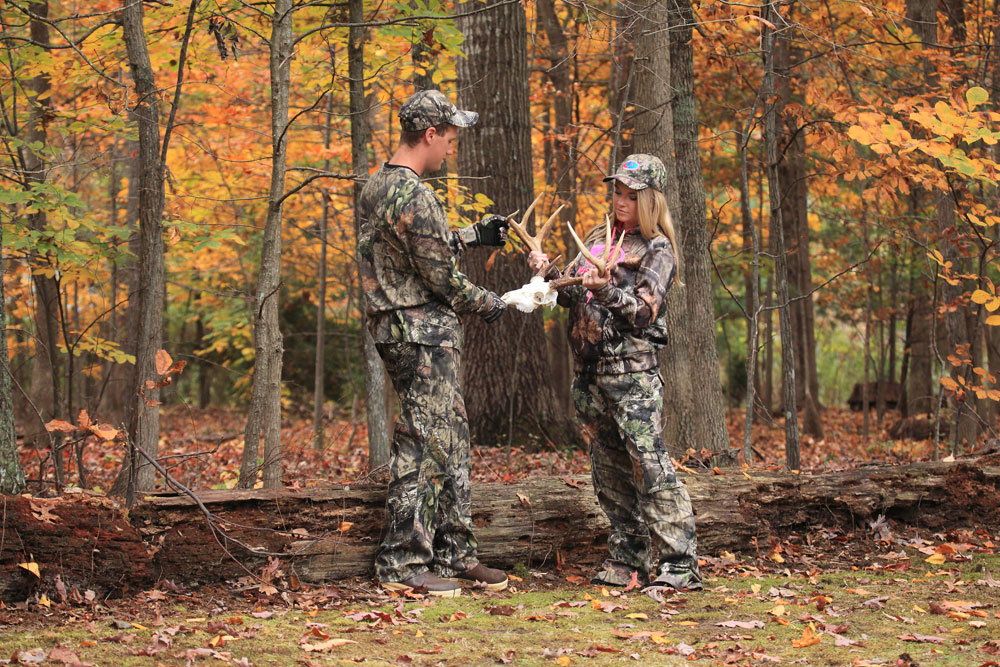
Why David Douglas Took a Refresher Deer-Hunting Course:
When David Douglas was asked why he attended this program on deer hunting, he answered, “I use this program each year as a refresher course to tune-up my hunting and to knock off the rust from the past season to be prepared to start a new deer season. Deer hunting in Alabama with a bow begins about October 15th each year, and gun season for deer hunting starts around Thanksgiving. Both these styles of deer hunting in Alabama end in mid-February. So, that forces about an 8-month layoff from the time the deer season ends until it begins again. Since you can forget so much about how to hunt deer during those 8 months, going through this basic course of how to hunt deer helps me relearn and remember the things I need to know a week or two before I start deer hunting. Even if my rifle or bow is sighted-in at the end of deer season, I need to resight that equipment in before I start hunting at the beginning of deer season.”
What Instructor Chas Moore Says about the Adult Mentored Hunt Program:
This program was designed to reintroduce adults who once have hunted, but perhaps due to different circumstances, haven’t hunted in a while, and to teach people who never have had the opportunity to hunt more about hunting. Lately, we’ve been seeing hunters who always have hunted taking this course to sharpen their skills and relearn tactics. This program also attracts couples who want to learn to hunt, as well as single women and single men. These folks can learn the skills required and the equipment needed and how to use it. Also the program matches each individual with a mentor who’s an experienced hunter. The seasoned hunter mentors the adult to help them be successful afield. We’ve learned that if we mentor adults in hunting, they’ll be able to help teach their children and grandchildren about what they’ve learned about how to hunt, and what equipment they need to hunt safely. We also show them the public lands they can hunt for a very nominal fee.
When the State of Alabama first started this program, it was offered only for youngsters. But now, we teach young people and the tremendous number of adults who want to learn about hunting. If we teach the adults, they’re more likely to teach their families the skills they’ve learned.
1. The First Phase of the Program – Basics for Hunting White-Tailed Deer
At the first event, we teach mapping skills, trailing and tracking, what clothing and equipment hunters will need, hunter safety, sighting in a rifle scope and shooting safely and accurately. After that, the participants are given plenty of time to shoot rounds to see and learn that they can take game with a rifle.
2. The Second Phase of the Program – Learn to Hunt
The students go on actual hunts at Cedar Creek or Portland Landing – two properties owned by Forever Wild - and hopefully have the opportunity to take deer. They each have a mentor with them from the time they arrive on the hunt, until the time they leave on the third day. They learn how and where to scout for deer, and where to place tree stands once they’ve learned when, where and why a deer should be in an area. We also teach them how to set up a blind based on wind conditions and the deer sign they’ve found to result in a successful hunt.
We’ll teach the hunters how to take care of the deer they’ve harvested in the woods, too, and then bring them back to camp to show them how to skin, quarter and process that animal. Then the meat can be prepared and eaten when they return home or frozen for later use. Because the hunters are beginners, they hunt from ground blinds with their mentors in the blinds with them. We allow these new hunters to bring their own rifles. If they don’t have their own rifles, we provide the rifles and the ammunition for their hunting. The rifles we provide are 6.5 Creedmoor rifles or .270 rifles. On each of our mentored hunts, we usually have 12-15 students. Since the hunters come from not only Alabama but all over the United States, we provide a lodge for them to stay in and meals to eat.
The state also offers this type of hunt at Oak Mountain State Park near Birmingham, Alabama, and the hunters and the mentors stay in the cabins at Oak Mountain.














